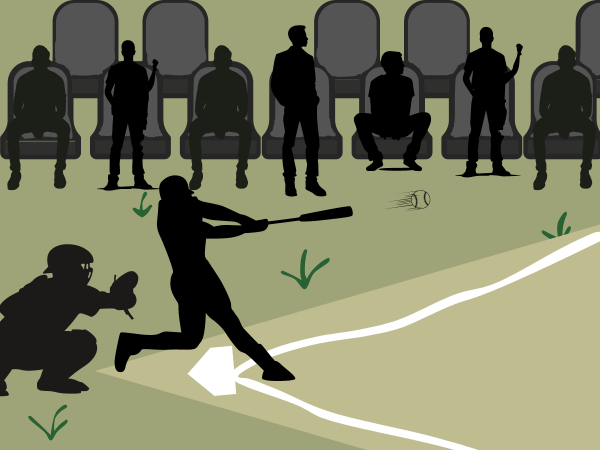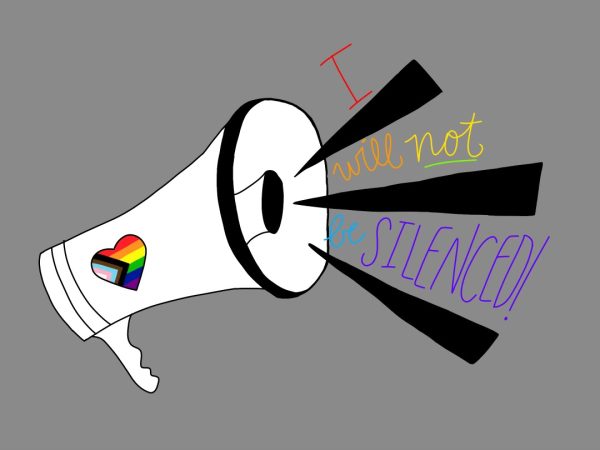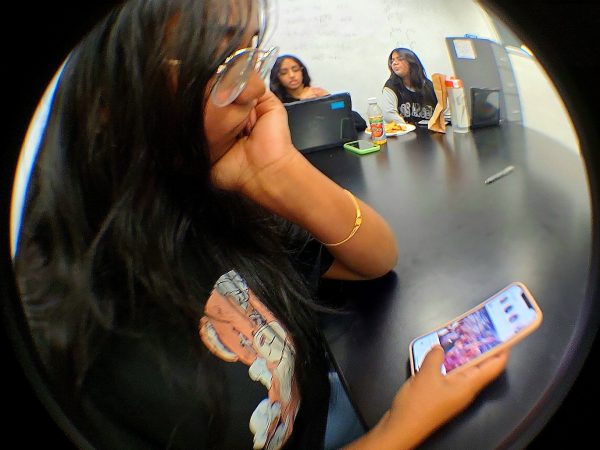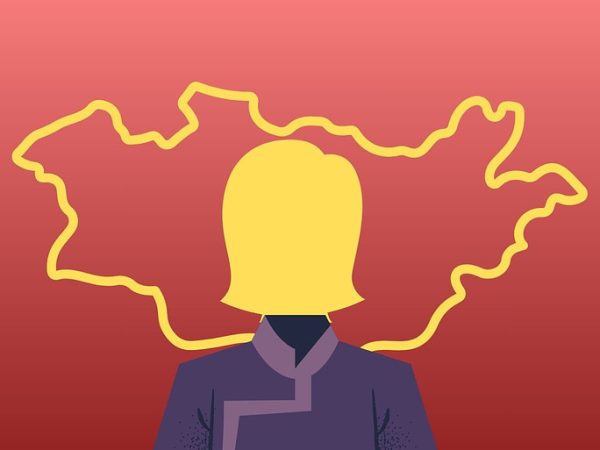North Korea continues to be untrustworthy as planned peace talks remain in jeopardy
A historic meeting between North Korea’s Kim Jong Un and South Korea’s president Moon Jae-in took place at the Demilitarized Zone (DMZ) on April 27. This marked the first time in ten years that leaders of the two countries met and discussed an end to the Korean War. As a symbol of a united Korea, the leaders planted a tree and signed the Panmunjom Declaration for Peace, Prosperity, and Unification on the Korean Peninsula. The declaration outlines steps for denuclearization of the peninsula and a plan for unifying the countries.
The meeting was planned, but Moon’s step into North Korea and the private conversation that lasted for 30 minutes were not. 65 years of tensions seemed to fade while Moon and Un laughed and enjoyed the banquet that followed the tree planting ceremony.
For Koreans on both sides of the 38th Parallel, the meeting was an emotional occasion. Families were torn apart during the war and although both sides share a common language, heritage, and Korean identification, there has been very little communication between North and South Koreans. Hopes for an end to the fighting have been realized for most Koreans.
China and the U.S., both heavily involved in the Korean War, welcome the summit and the peace opportunities it brings. Both countries would eventually have to sign the potential peace treaty due to their involvement in the war. President Donald Trump praised the leaders and is eager to see the denuclearization of North Korea.
Yet, it may have been too good to be true. Kim threatened to cancel the summit, originally scheduled for June 12 in Singapore, over American and South Korean military drills and the White House’s insistence on complete denuclearization of North Korea. The fate of the summit is up in the air as North Korea sends out mixed messages about their cooperation with South Korea.
Although North Korea can put on quite the show when it comes time to thaw tensions, Kim’s regime should not be fully trusted. Whenever talks of peace threaten North Korea’s internal power and nuclear arsenal, the country immediately flips the switch and stops cooperating with South Korea, the United States, and their allies. The hot and cold diplomacy causes international repercussions around the world and forces countries to strategically deal with the irrational messages coming from North Korea.
It is naive to think that the isolated and hostile state would quickly ally with Democratic countries after 68 years of fighting and completely opposite ideologies. The Communist state has lied about their intentions before. In 2005, North Korea agreed to abandon nuclear weapons programs but ended up conducting the first nuclear test the next year. In 2012, the country again agreed to suspend nuclear and missile programs but threatened to launch a missile less than a month after the agreement.
Both Koreas harbor years of conflict but still hold onto a bit of hope for the future. It all depends on North Korea and Kim’s ability to stay true to his word after the betrayals in the past.

Myra Bajwa is a senior and the Editor-in-Chief of Metea Media. This is her third year on staff, and she is incredibly excited to lead the journalism team....

Alex Pressl is a graphic designer for Metea Media and The Stampede. He will be majoring in Illustration at Columbia College Chicago. He enjoys playing...












killian kenny • Sep 5, 2018 at 8:06 am
I don’t know why we still bother with North Korea; they aren’t interested in changing their ways and becoming peaceful towards the rest of the world. So long as the Kim Dynasty continues to reign over the region, there cannot be peace. I’d love for there to be peace between North Korea and the US; however, due to our own country’s political mess and their country’s complete mess, I don’t see peace happening. It may not be in my lifetime or the lifetimes of my children, but eventually there will be peace. I just don’t know if said peace will require mass bloodshed first.
Chocolate Chip Cookie • May 25, 2018 at 11:28 am
THIS is quality content.